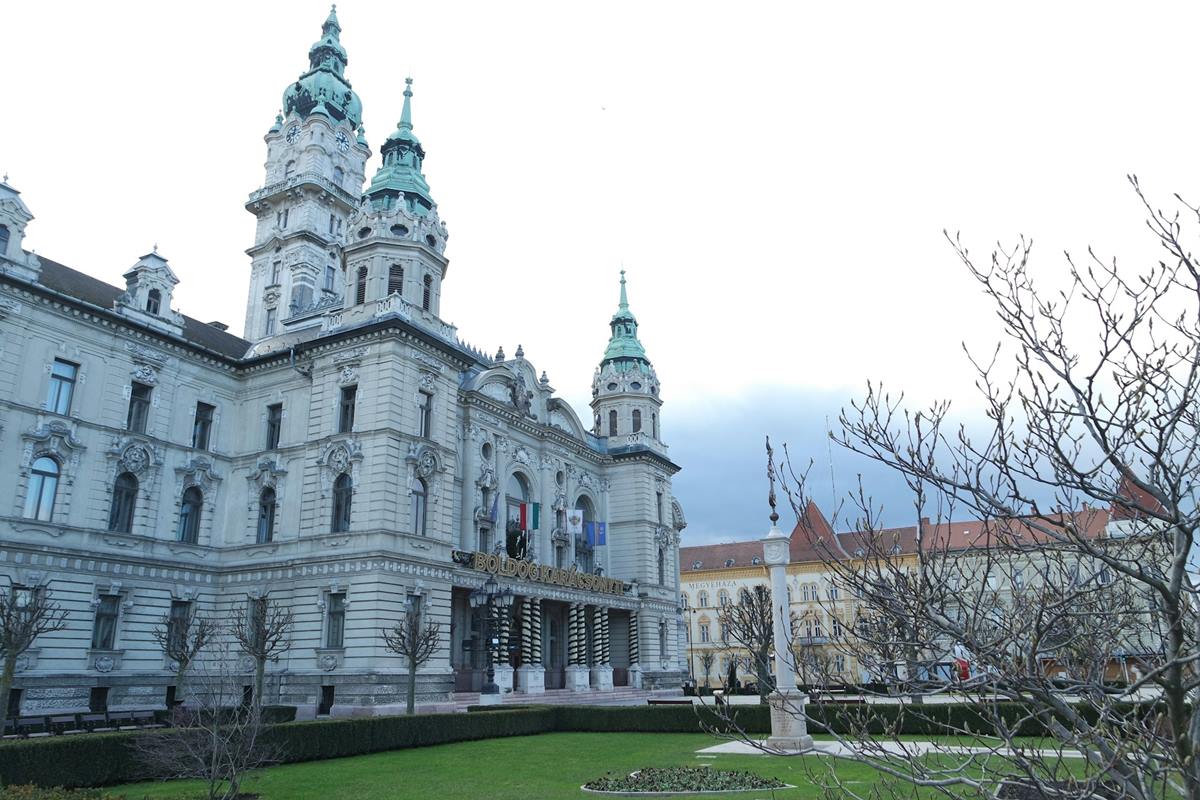Hungary’s renewable energy revolution: a new era of geothermal and solar power
Hungary’s long-standing tradition of harnessing geothermal energy dates back to its famous thermal baths in Budapest, which have drawn visitors for centuries. These historic baths symbolize Hungary’s deep connection with the earth’s natural warmth, a legacy that has evolved into the nation’s modern push for renewable energy. Today, Hungary is advancing rapidly in the geothermal and solar power sectors, showcasing a commitment to reducing its carbon footprint and enhancing energy security.
Geothermal Power: Transforming Szeged and Győr
Szeged has become a beacon of Hungary’s renewable energy ambitions, hosting the European Union’s largest geothermal heating system. Supported by the EU’s Cohesion Policy, this state-of-the-art facility provides clean energy to over 28,000 households and more than 400 public buildings. The project, which received approximately €23 million in funding, aims to reduce the city’s gas consumption by around 50%, significantly cutting its carbon emissions, the European Commission and Euronews said.
Győr is also making significant contributions to Hungary’s green energy landscape. The city’s geothermal system, which produced over 1 million gigajoules (GJ) of heat energy last year, is integral to Hungary’s strategy for energy independence. This system, managed by PannErgy, serves nearly 60,000 homes and reduces carbon emissions by an estimated 80,000 tons annually, Euronews and CEENERGYNEWS said.

“The shift towards geothermal energy in Győr-Moson-Sopron is a clear indication of how construction practices are evolving. We’re seeing a growing emphasis on sustainability, driven by both market demand and regulatory pressures across the EU,” — highlights Csaba Bartal, a project manager in City Construction Global KFT., involved in international real estate developments using green energy.
Solar Energy Plus Program: Hungary’s Solar Expansion Strategy
Complementing its geothermal initiatives, Hungary has launched the Solar Energy Plus Program to expand its solar power capacity by 500 MW by 2025. This program, supported by €127 million from the EU’s Modernisation Fund, is critical to Hungary’s renewable energy goals. It focuses on promoting residential and commercial solar installations, developing large-scale solar farms, and encouraging community-based solar projects (CEENERGYNEWS).
The Solar Energy Plus Program is not just about expanding capacity but also about modernizing Hungary’s energy infrastructure. With substantial investments aimed at improving energy efficiency and integrating renewable energy into existing systems, this initiative is set to play a crucial role in Hungary’s energy transition (CEENERGYNEWS).

Hungary’s Growing Role in the EU’s Renewable Energy Framework
Hungary’s renewable energy developments are in line with the European Green Deal’s objective of achieving carbon neutrality by 2050. While Hungary excels in geothermal energy, comparable to countries like Iceland, its Solar Energy Plus Program is essential for closing the gap with EU leaders in solar energy, such as Germany and Spain, euronews said.
Impact on Communities and Future Challenges
These renewable energy projects are bringing tangible benefits to local communities. In Szeged, the transition to geothermal energy has not only improved air quality but also provided more stable and affordable energy costs for residents. Similarly, in Győr, the successful integration of geothermal energy has fostered greater community engagement in sustainability efforts, the European Commission said.
“Győr’s geothermal success demonstrates the potential of integrating advanced green energy solutions in urban areas. This isn’t just about reducing emissions—it’s about setting a new standard for sustainable urban living that other cities can follow,” — comments Anar Karimov, international real estate developer and founder of Green City residential complex in Győr.
However, Hungary’s path to a fully renewable energy system is not without challenges. High initial costs, financial risks, and the need for technological innovation in energy storage and distribution remain significant hurdles. Nonetheless, the Hungarian government’s strategic initiatives, supported by EU funding, are designed to overcome these obstacles and ensure the country’s successful energy transition, CEENERGYNEWS said.
Conclusion
Hungary is at the forefront of Europe’s renewable energy revolution, with its geothermal and solar initiatives setting a strong foundation for a sustainable future. As the country continues to invest in and expand its renewable energy infrastructure, it is well-positioned to meet its climate goals and contribute to the EU’s vision of a carbon-neutral continent.
read also:
- World’s longest underwater electricity cable, 1,100 km long, brings green energy to Hungary, details HERE
- Hungary lies on hidden treasure, yet this huge energy source remains largely untapped, details HERE

